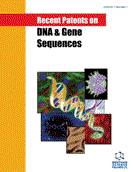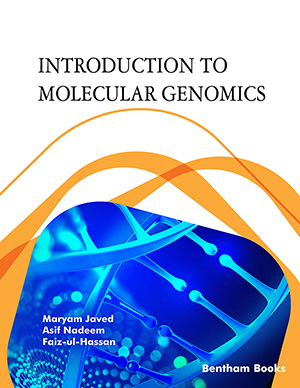Abstract
Antimicrobial peptides have been considered a new source of biomolecules in several fields of research/innovative applications: they would adjust to an ideal behavior seeking to overcome clinician, microbiological, human-animal-plant-environmental concerns. Antimicrobial peptides can be considered as ancient weapons found in living organisms suggesting they have played a fundamental role in his successful co-evolution with pathogens. Acting on microorganism membrane or having intracellular targets, they can also act as effectors of the innate immune response resulting on non-specific mechanisms of action. Two elements have speeded the research on pathogen control alternatives: a verified increase of antibiotic resistance and the relevance of finding amenable environmental compounds in plant health. As a result of its importance, great efforts have been accomplished to find, characterize, combine and synthesize effective antimicrobial peptides. This review intends to emphasize the generation of biomolecules, whether native or synthetic analogues, that have been matter of recent patents. Development of biomolecules suitable for therapeutic scopes and agricultural use have several challenges such as intrinsic toxicity, in vivo stability and suitable formulation contemplating the cost of production. Thus, biotechnological procedures using microbial systems or transgenic crops as plant factories might help to solve these challenges.
Keywords: Antimicrobial, peptides, modes of action, biocontrol agents
 5
5











